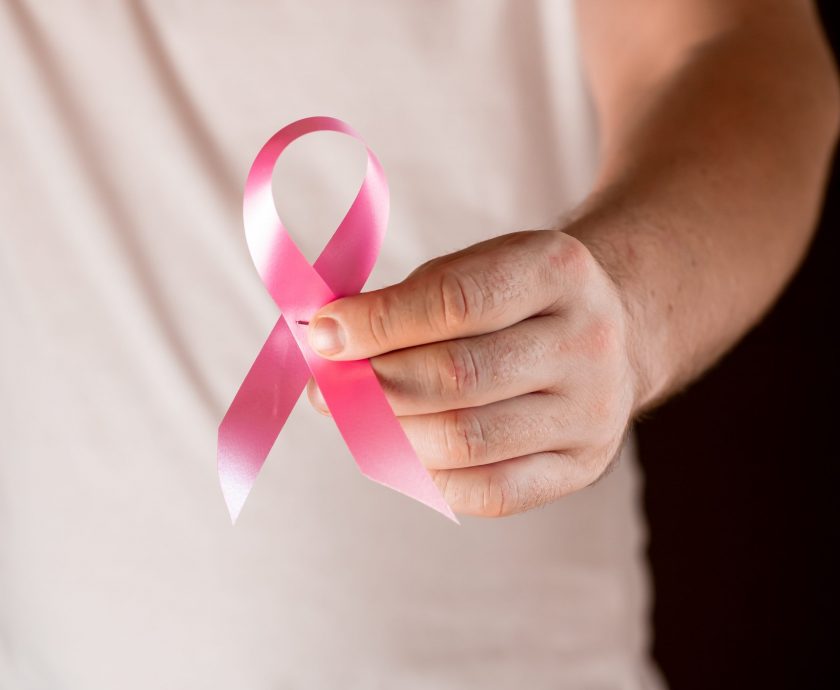Genital Cancer
Genital cancers include cancers of the vulva, the vagina, the cervix, the uterus, and the ovaries for women and penile and testicular cancer for men. All of these cancers can affect function and sexual function in particular in a number of different ways. The cancer itself may have an effect by causing discharge, ulceration, bleeding, or fatigue. The diagnosis itself may have a psychological impact. The therapeutic interventions, including surgery, chemotherapy, or radiotherapy, may not only have direct effects including loss of genital parts and possibly fertility, but also indirect ones such as potential loss of hormonal influences with resultant vaginal dryness, reduced sexual drive, or loss of erectile function. Alteration in sensation by nerve destruction or altered blood supply will also alter sexual responses. Thus, there is considerable potential for a negative impact on self-esteem, as well as loss of sexual and self-identity (Grover and Moeed, 2012).
Cervical cancer vs Endometrial cancer
Cervical cancer develops in the cervix, only a few centimetres away from the uterus, where uterine (body) cancer develops.Conditions are completely different in the case of cervical cancer: this disease develops over many years as a result of infection with certain strains of human papillomavirus (HPV).
Causes: Human papillomaviruses (HPV)
Symptoms: There may be no symptoms or some pain during sexual intercourse, discharge or bleeding in late stage.
Prevention: HPV vaccination, screenings.
Endometrial cancer is sometimes called uterine cancer. Endometrial cancer begins in the layer of cells that form the lining (endometrium) of the uterus. Endometrial cancer is often detected at an early stage because it frequently produces abnormal vaginal bleeding. If endometrial cancer is discovered early, removing the uterus surgically often cures endometrial cancer.
Causes: Overweight, diabetes, hormonal imbalances among others.
Symptoms: Bleeding may occur in early stages and other symptoms may arise in later stages
Prevention: Healthy lifestyle, screenings among others
Prostate Cancer vs Testicular Cancer
Prostate cancer occurs when cancer begins to grow inside the prostate gland, which is responsible for creating a fluid that makes up semen. Prostate cancer affects mostly older men, and begins at a later age though young men also might get it.
Causes: Poor lifestyle habits, family history
Symptoms: Discomfort in the pelvic area, pain urinating, blood in semen, erectile dysfunction among others.
Prevention: Screenings test
Testicular cancer occurs when the cancer starts in the testicles, the glands located inside of the scrotum that produce male hormones, such as testosterone, and sperm. Unlike prostate cancer, testicular cancer is rare, accounting for about 1% of all cancers in men.
Causes: Family history, men with HIV, previous diagnosis, infertility among others.
Symptoms: Lump or swelling in either testicle, Fluid or swelling in the scrotum, Discomfort or pain in the testicle among others.
Prevention: Screenings test





